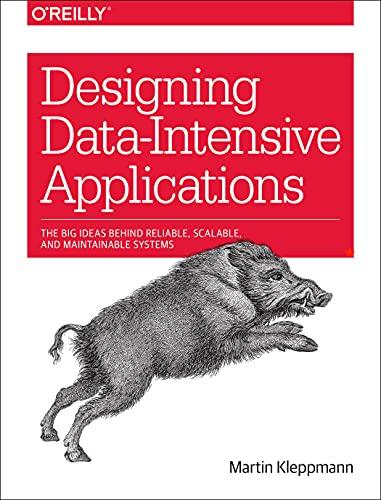Question
5 JAN/FEB2020 COS4852 Question 4: Bayesian Belief Networks [16] The Durban Botanic Garden has an automatic lawn sprinkler system with sensors that detect cloudy skies,
5
JAN/FEB2020
COS4852
Question 4: Bayesian Belief Networks
[16]
The Durban Botanic Garden has an automatic lawn sprinkler system with sensors
that detect cloudy skies, and attempts not to water the lawn on rainy days. The
system and sensors are not completely accurate. Consider the following data about
weather
patterns in Durban, and the lawn
sprinkler
system of the Durban Botanic
Gardens:
1 out of every 2 days the sensors indicate
not-Cloudy
The rest of the time it indicates
Cloudy
It rains on 4 out of every 5 days that the sensors detect
Cloudy
skies.
It also rains on 1 out of every 5 days that the sensors detect
not-Cloudy
skies.
When the sensors indicate
Cloudy
skies, the sprinklers are set to run 10% of
the time.
When the sensors indicate
not-Cloudy
skies, the sprinklers run half the time.
The lawns can be
wet
from either rain, or the sprinklers that ran, or both. The
Garden wants to host a concert, and they want to use a Bayesian Belief Network to
determine if the lawn will be wet on that particular day, given that the sky is
Cloudy
or not.
(a)
Define the variables needed to construct a Bayesian Belief Network for the
given data. Define the domain for each variable. (4)
(b)
Calculate the conditional probability tables for the given data, using the vari-
ables you defined in (a). (6)
(c)
Draw the Bayesian Belief Network for this data. Show all the nodes and their
dependencies. (4)
(d)
Can we use this Bayesian Belief Network to answer the Durban Botanic
Gardens question? Why or why not?
Step by Step Solution
There are 3 Steps involved in it
Step: 1

Get Instant Access to Expert-Tailored Solutions
See step-by-step solutions with expert insights and AI powered tools for academic success
Step: 2

Step: 3

Ace Your Homework with AI
Get the answers you need in no time with our AI-driven, step-by-step assistance
Get Started


